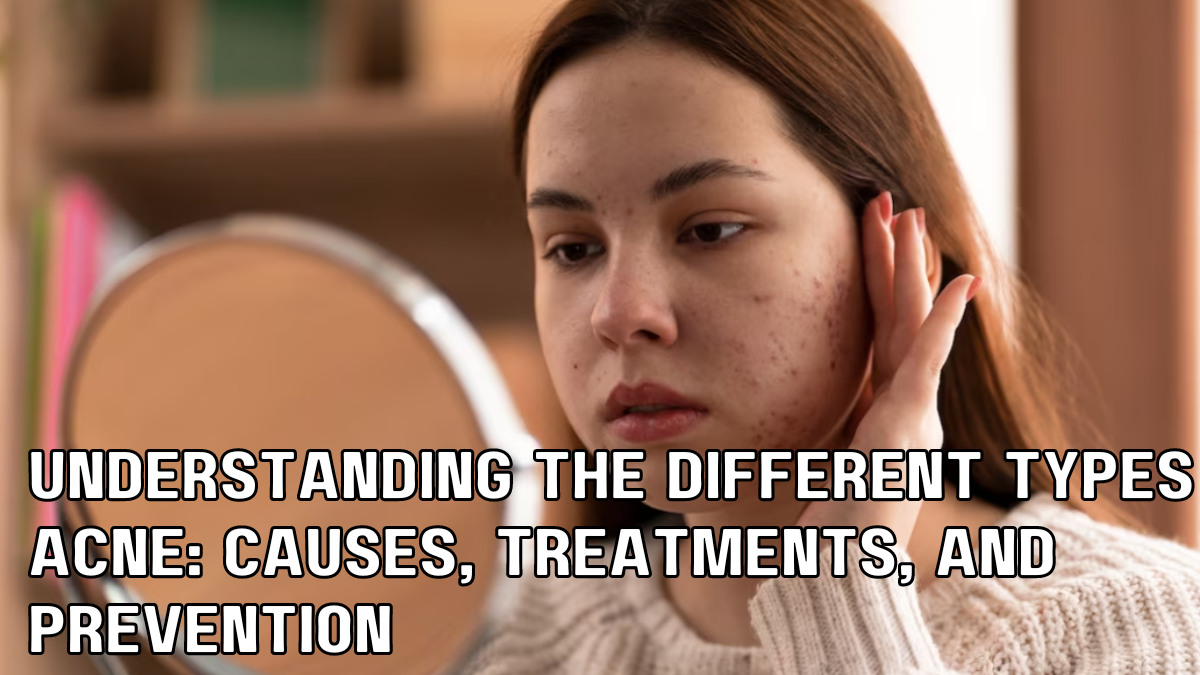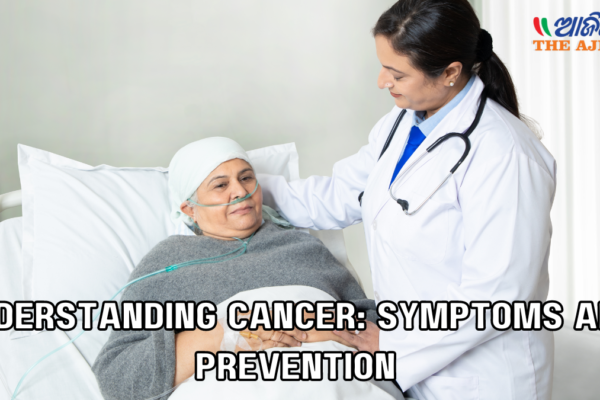Introduction
Acne is a common skin condition that affects millions of people worldwide. It can be frustrating and often has a significant impact on self-esteem. But what many people don’t realize is that acne isn’t a one-size-fits-all condition. There are various types of acne, each with its own causes, treatments, and prevention strategies. In this blog, we’ll delve into the different types of acne and explore how to manage and prevent them effectively.
Types of Acne
- Comedonal Acne: Causes: Comedonal acne is characterized by the presence of comedones, which are non-inflammatory blackheads and whiteheads. These form when hair follicles become clogged with oil and dead skin cells. Treatments: Over-the-counter topical retinoids or salicylic acid can help unclog pores. Regular exfoliation and proper cleansing are also crucial. Prevention: Use non-comedogenic skincare products and avoid excessive oil-based cosmetics.
- Inflammatory Acne: Causes: Inflammatory acne includes papules (small red bumps), pustules (pus-filled lesions), and nodules (large, painful lumps). Inflammation occurs due to the proliferation of bacteria within clogged pores. Treatments: Topical antibiotics, benzoyl peroxide, or prescription medications like oral antibiotics or isotretinoin may be necessary. Prevention: Maintain a consistent skincare routine and avoid squeezing or picking at blemishes.
- Cystic Acne: Causes: Cystic acne is the most severe type and is characterized by deep, painful cysts. Hormonal imbalances and genetics often play a significant role. Treatments: A dermatologist’s intervention is usually required. Treatments may include oral antibiotics, hormonal therapy, or isotretinoin. Prevention: Address hormonal imbalances and follow a gentle skincare routine to reduce irritation.
- Acne Rosacea: Causes: Acne rosacea primarily affects adults and presents as redness, flushing, and pimple-like bumps. The exact cause is unknown but may involve genetic and environmental factors. Treatments: Topical and oral medications, as well as lifestyle changes like avoiding triggers (e.g., spicy foods, alcohol), can help manage symptoms. Prevention: Identify and avoid personal triggers to minimize flare-ups.

Prevention Tips for All Types of Acne
- Cleanse Gently: Use a mild, non-comedogenic cleanser to wash your face twice daily. Avoid scrubbing vigorously, as this can worsen inflammation.
- Moisturize: Even if you have oily skin, moisturizing is essential to maintain skin barrier function. Choose a non-comedogenic moisturizer.
- Sun Protection: Wear sunscreen daily to protect your skin from UV damage, which can worsen acne scars.
- Diet and Hydration: Maintain a balanced diet rich in fruits and vegetables, and stay hydrated. Some studies suggest a link between high-glycemic foods and acne.
- Stress Management: High stress levels can exacerbate acne. Incorporate stress-reduction techniques into your daily routine, such as yoga or meditation.
- Hands Off: Avoid picking, squeezing, or popping pimples, as this can lead to scarring and worsen the condition.

Conclusion
Understanding the different types of acne is the first step towards effective management and prevention. While there is no one-size-fits-all solution, a consistent skincare routine, healthy lifestyle choices, and, in severe cases, professional medical guidance can help you achieve clearer and healthier skin. If you’re struggling with acne, consult a dermatologist for personalized advice and treatment options. Remember, clear skin is attainable with the right knowledge and approach.












